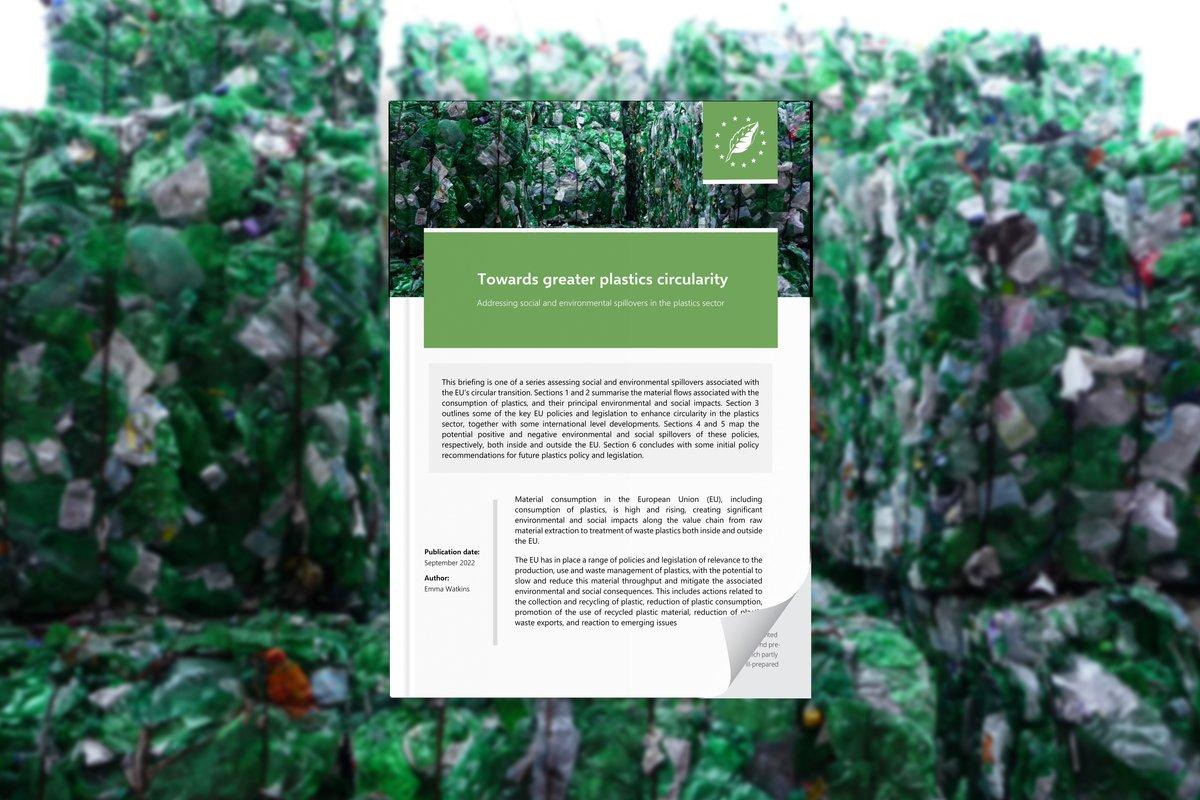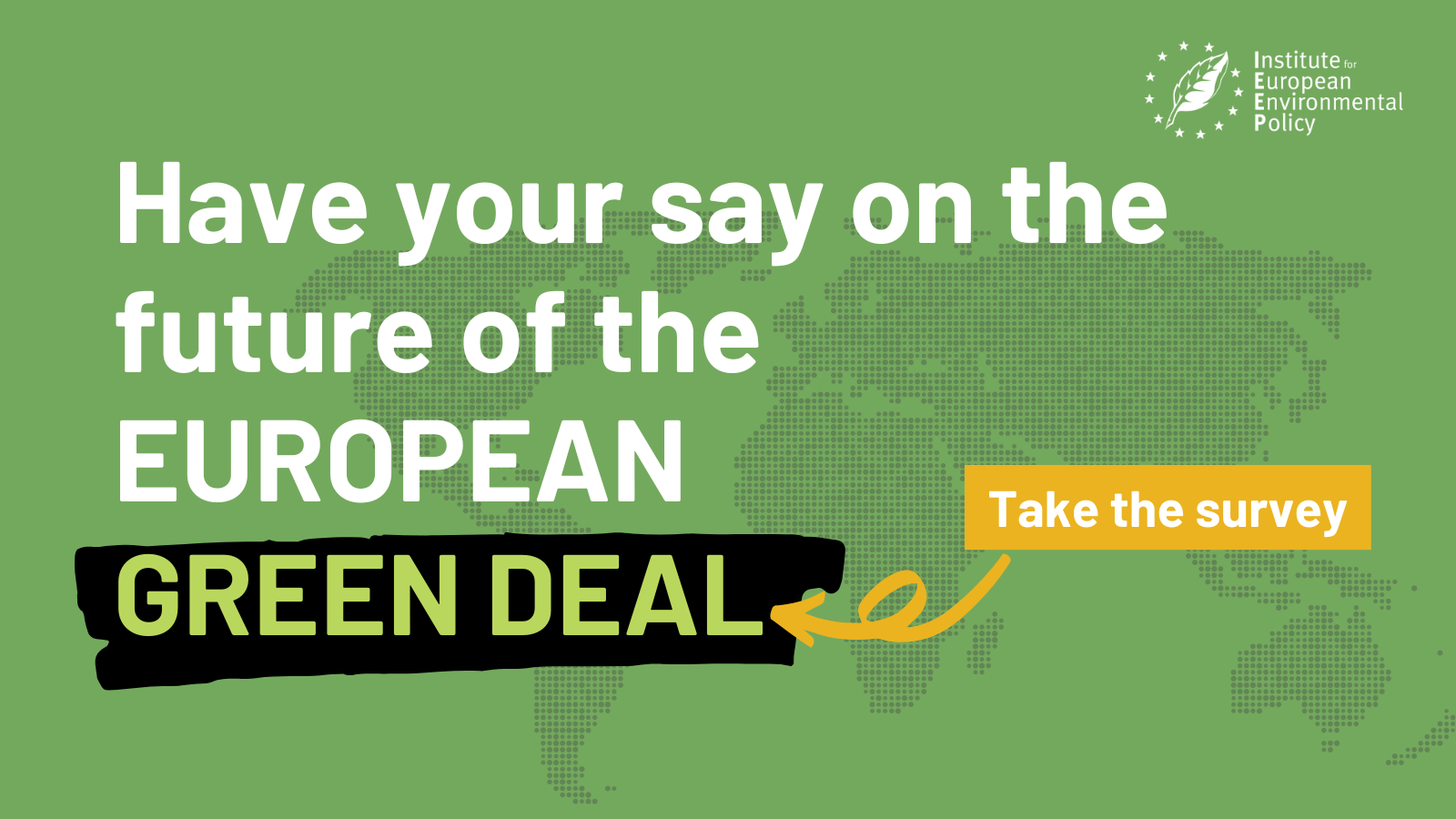The consumption of plastic products in the EU creates significant environmental and social impacts along the whole value chain. Whilst the EU has in place a range of policies and legislation relevant to plastics, this briefing outlines some additional recommendations to address the potential negative spillovers from the pursuit of greater plastics circularity.
The EU has developed a range of policies and legislation relevant to plastics, which have the potential to slow and reduce this material throughput and mitigate the associated environmental and social consequences. They include actions related to collection and recycling, consumption reduction, promotion of recycled plastics, reduction of waste exports, and reaction to emerging issues such as microplastics and novel plastic materials.
However, all circular economy policies come with a risk of negative as well as positive environmental and social spillovers, both inside and outside the EU, which must be considered in policy design.
This briefing maps out some of the main potential spillovers associated with the pursuit of greater circularity in the plastics sector and outlines some policy recommendations to address them.
The recommendations to EU policy makers for a socially and environmentally just transition to greater circularity for plastics include:
- Reducing absolute material demand by promoting policies supporting the reduction of plastic consumption, including through full implementation of the Single Use Plastics (SUP) Directive, Plastic Bags Directive and forthcoming microplastics legislation.
- Continuing to pursue ambitious targets for plastic waste collection and recycling, including attainment of targets in the SUP Directive, Packaging and Packaging Waste (PPW) Directive and Waste Framework Directive, and the consideration of progressively higher targets to maintain ambition.
- Promote the use of recycled plastics or alternative plastics where they are more sustainable than conventional plastics, including through mandatory recycled material targets in the SUP Directive and revisions to the PPW Directive and End-of-Life Vehicles Directive. The forthcoming Communication on bio-based plastics, biodegradable and compostable plastics should clarify the environmental benefits and appropriate use of these alternative plastics.
- Pursue ambitious policies on microplastics, including measures to prevent their release into the environment.
- Mitigate the potential loss of jobs by preparing for the shifting needs of employment within the plastics sector through the means of reskilling and retraining.
- Continue to tackle the environmental and social impacts of plastic waste exports, including through proper enforcement of EU and international rules. Countries receiving plastic waste must be willing and able to process it in a way that does not have detrimental environmental or social impacts.
- Keeping the EU’s pledge (in the Circular Economy Action Plan) to pursue ambitious global policies to reduce plastic pollution, including by playing a leading role in the development of the new legally binding international agreement on plastics pollution due to be in place by 2024.
Read the briefing. This briefing is one of a series assessing social and environmental spillovers associated with the EU’s circular transition.
© Photo by Emma Watkins



